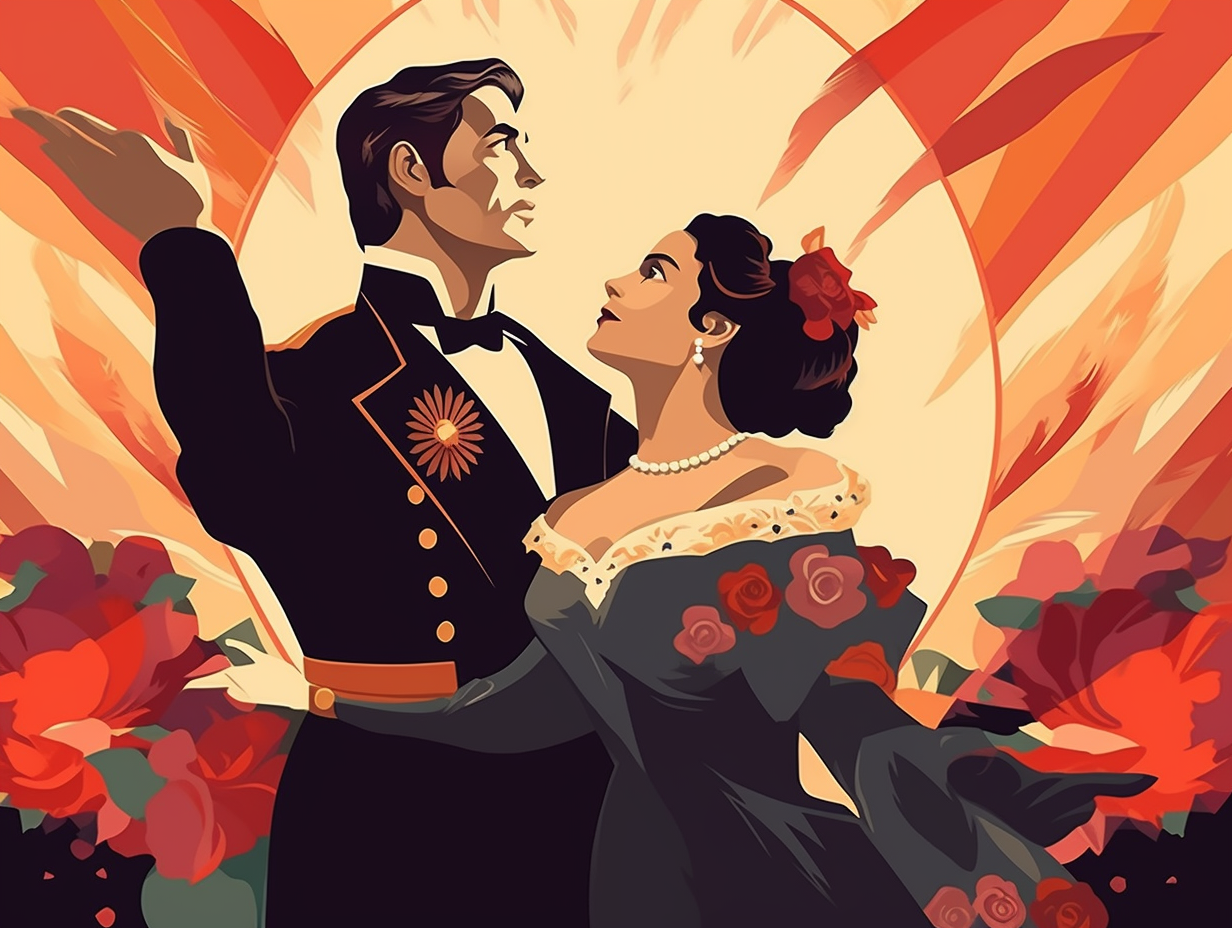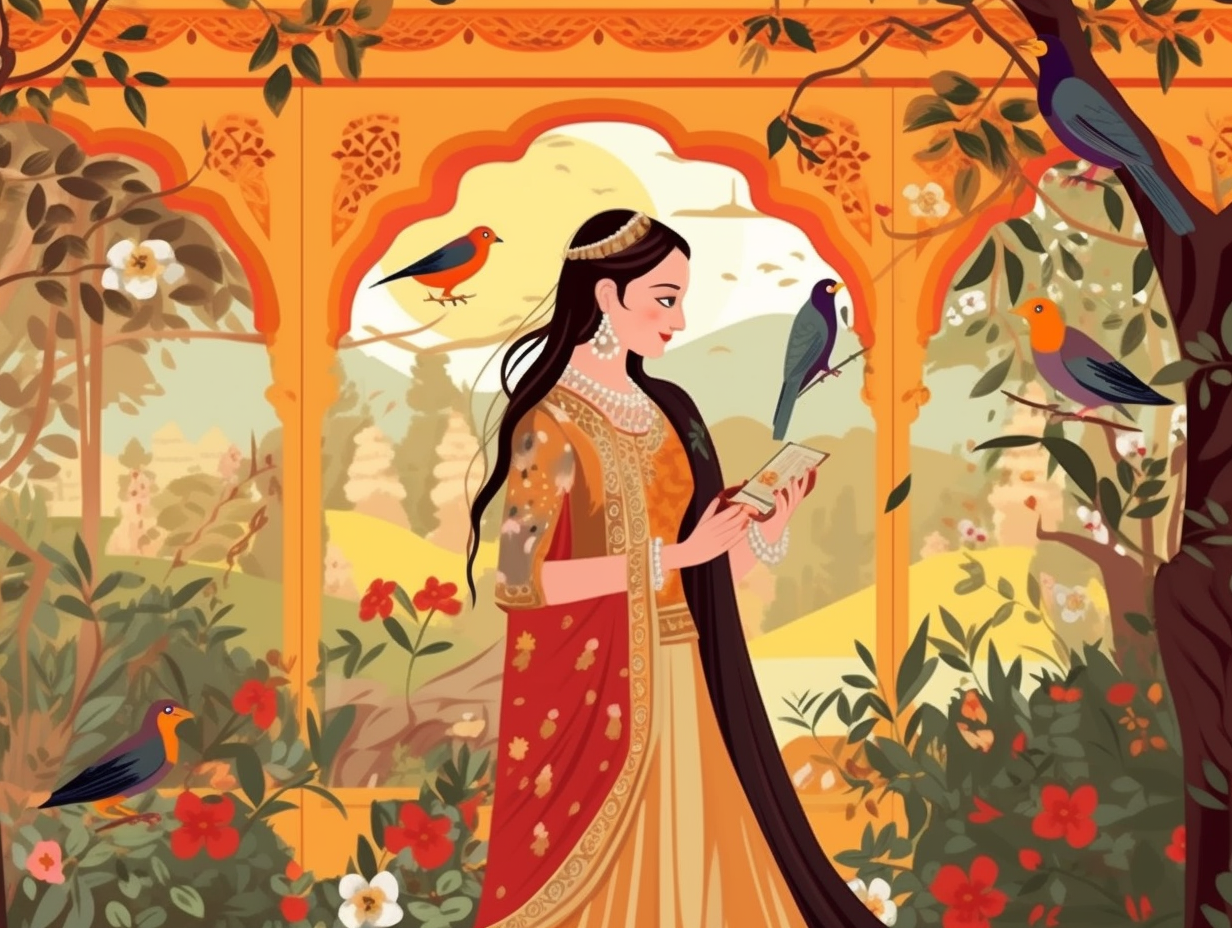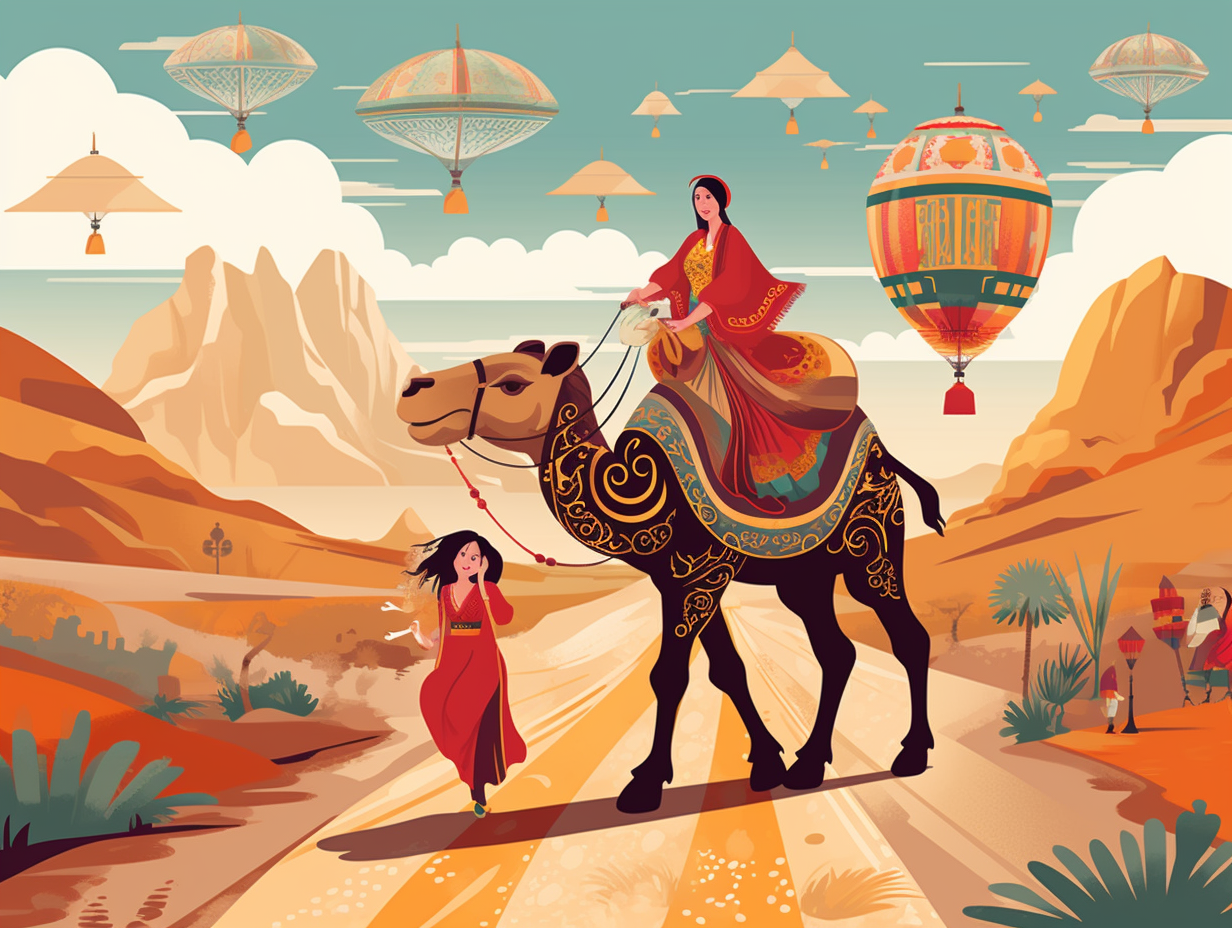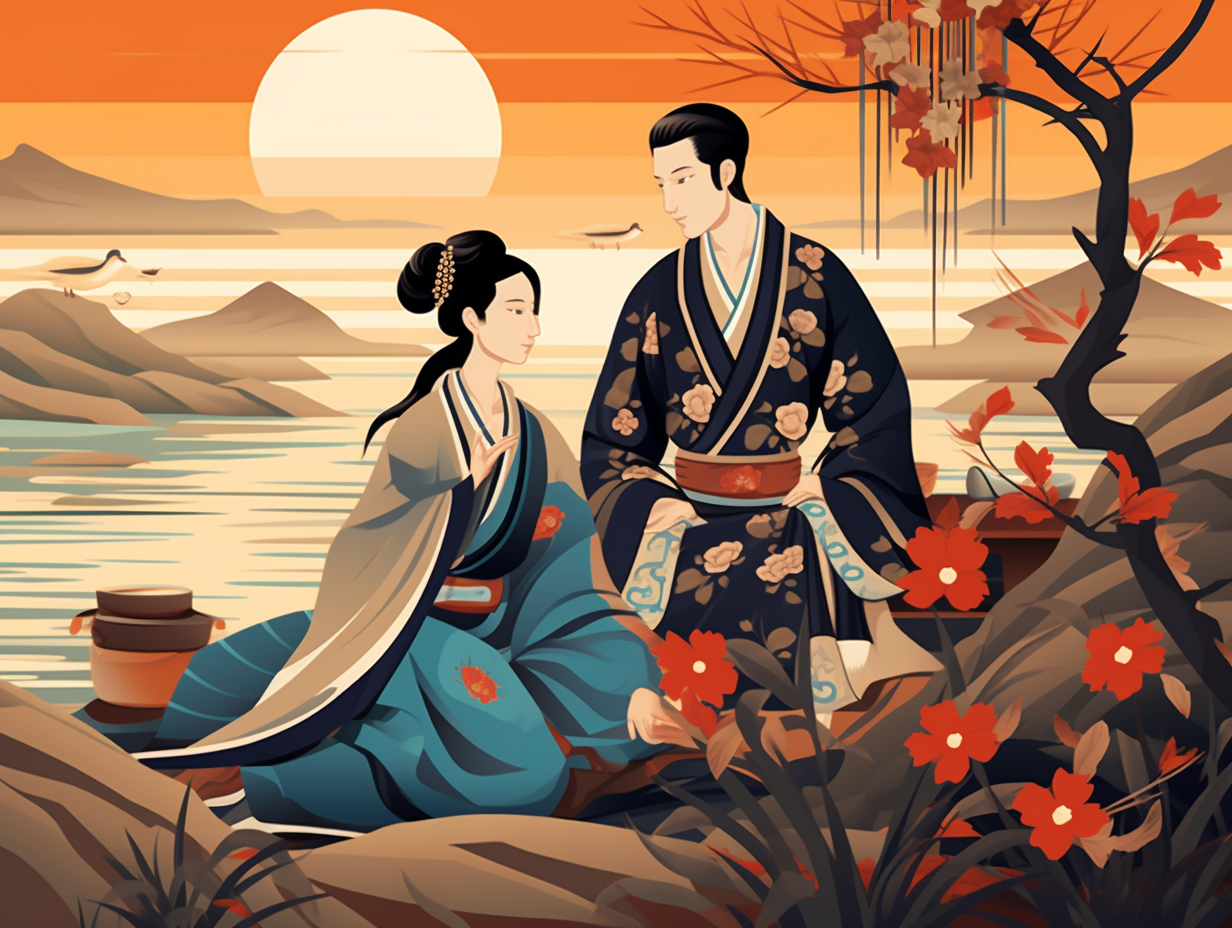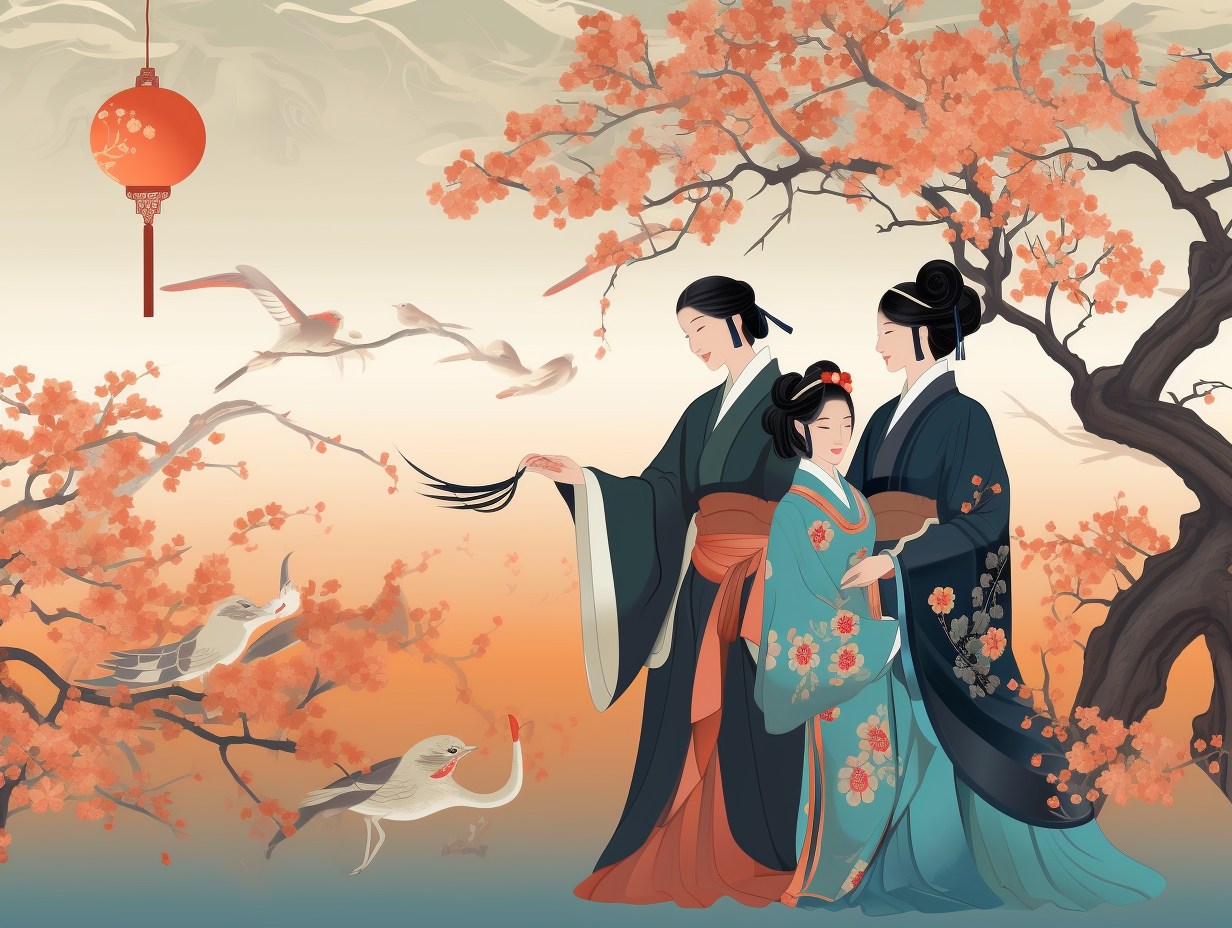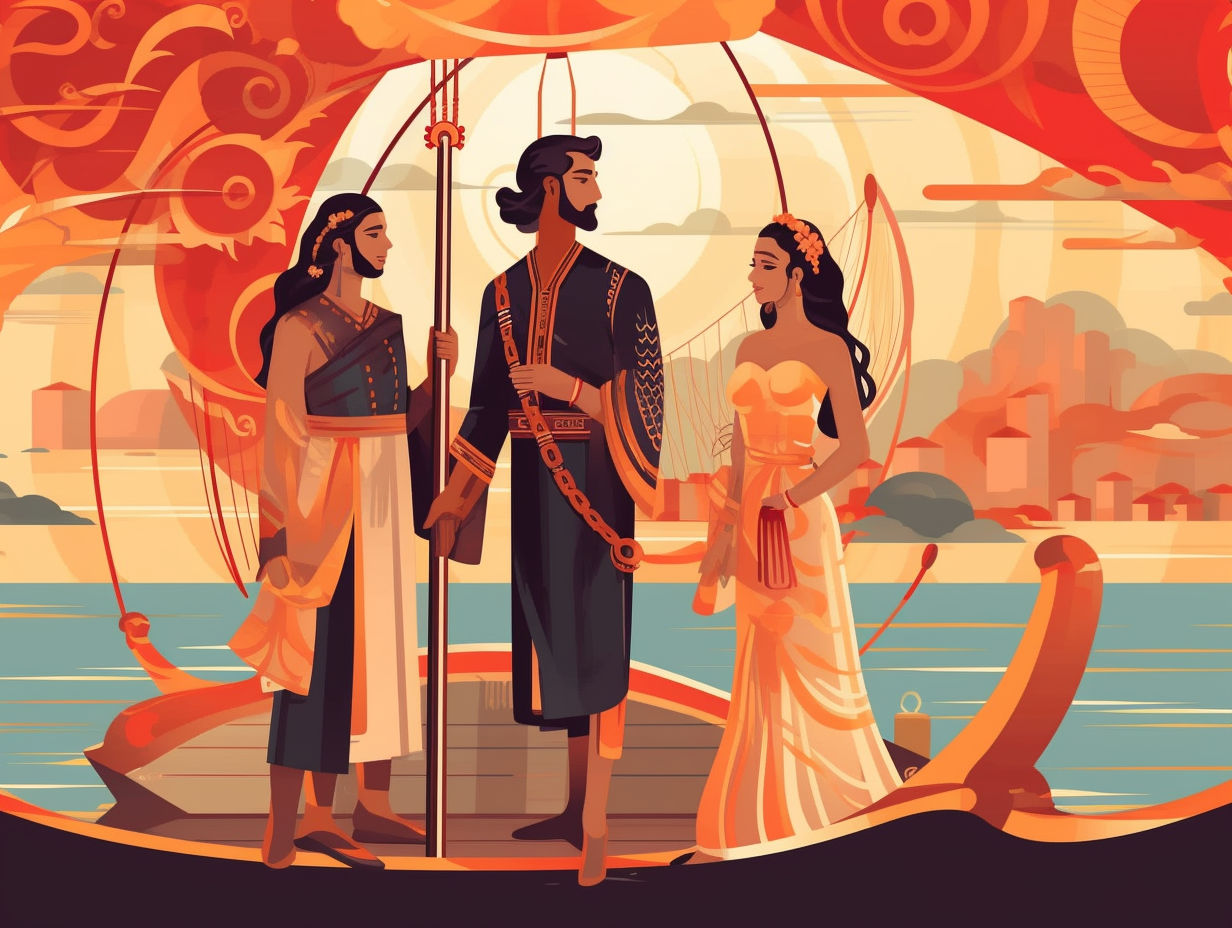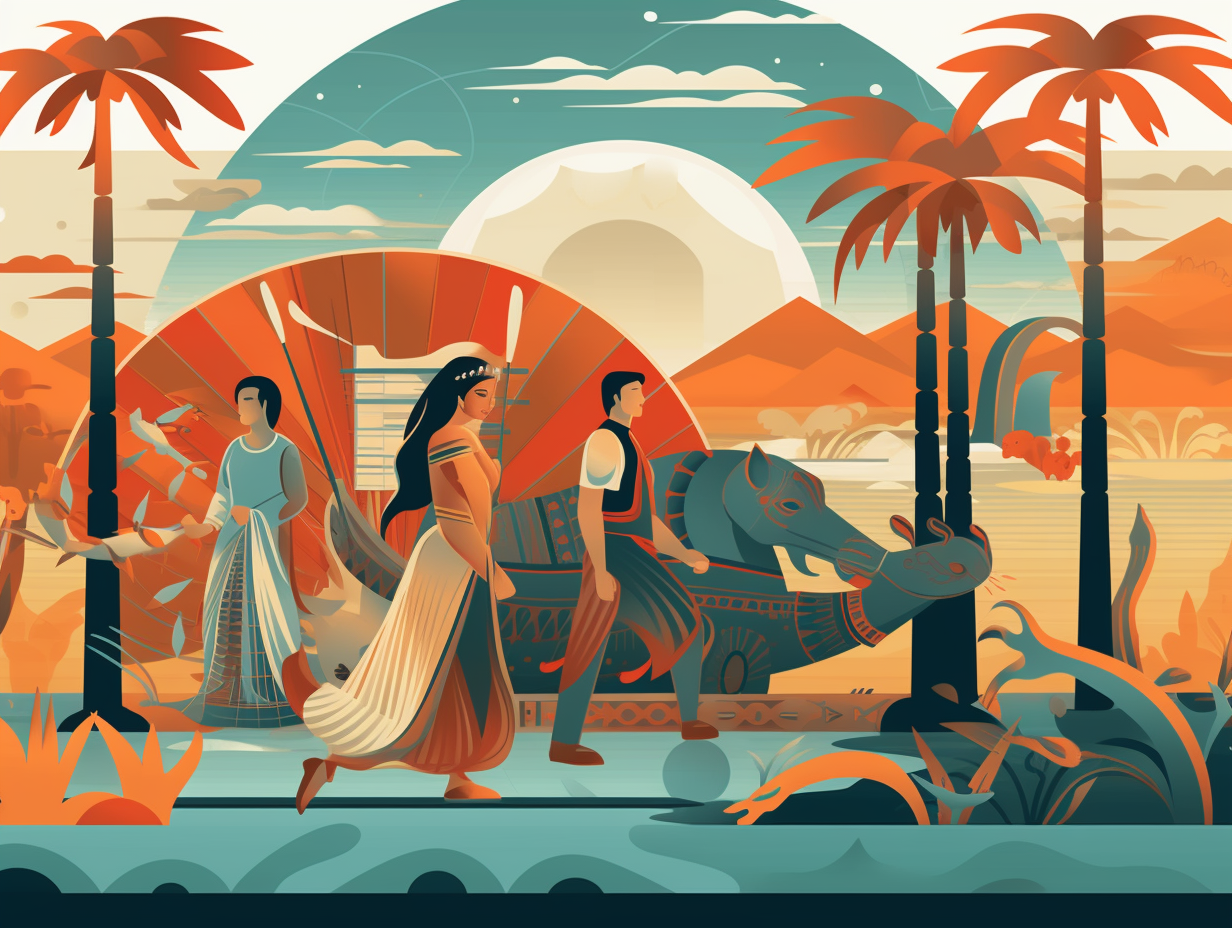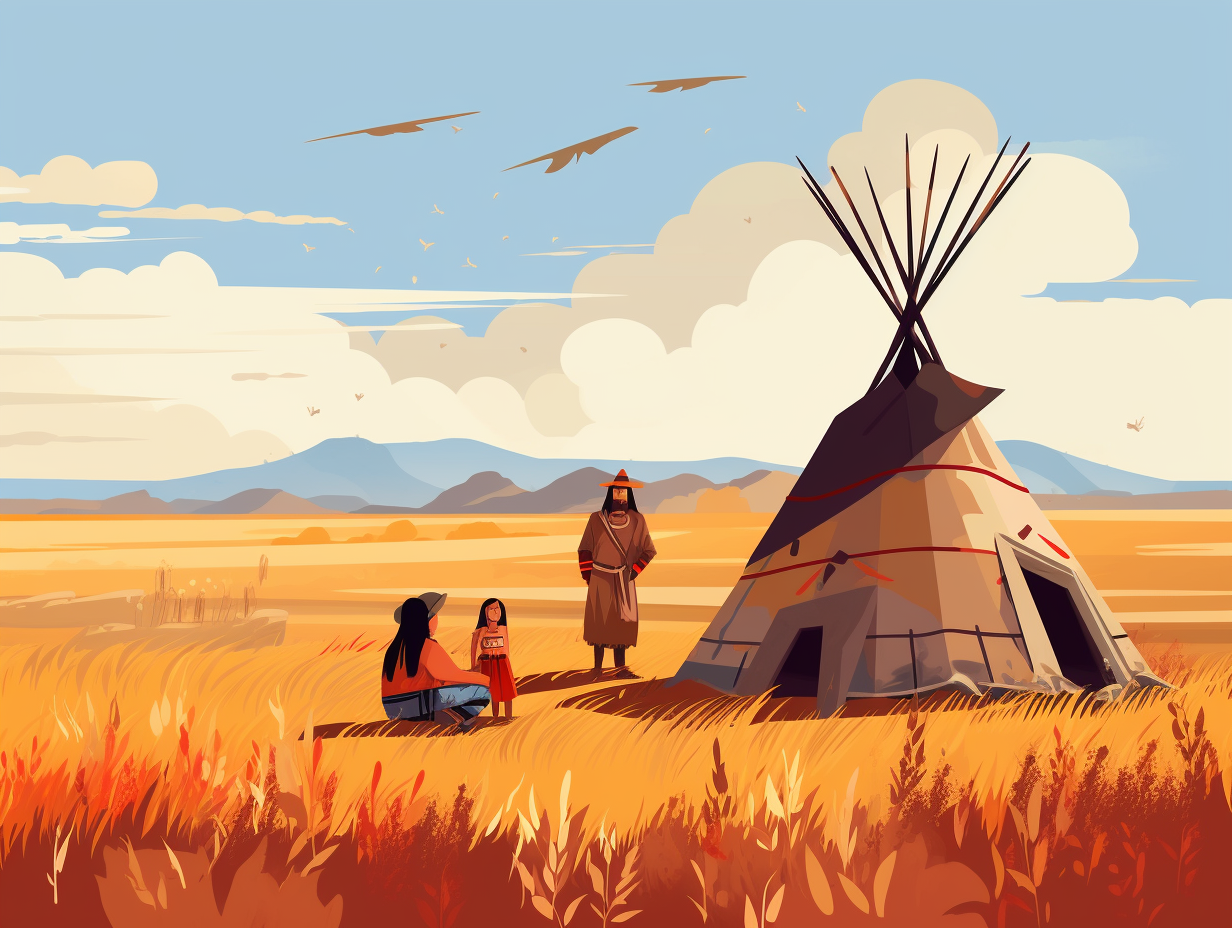Discover the Trade Secrets: Top 13 Fun Facts About Mercantilism You Never Knew!

1. Mercantilism: The Ingredient-Hoarding Cook
If mercantilism were a cook, it would be the one hoarding all the best ingredients while leaving the kitchen a mess for others: this economic system thrived on accumulating wealth via favorable trade balances, often exploiting colonies for raw materials and providing a ready market for their finished goods.
Source => corporatefinanceinstitute.com
2. Spain's OG Trade Carpool
In a time when "You've got mail!" had a whole different meaning, Spain's fleet system was the OG carpool for all trade with the American colonies: This mercantilism marvel restricted all legal trade to two annual fleets between Seville and designated ports on the Gulf of Mexico and Caribbean, shipping off manufactured goods and bringing back shiny gold and silver bars. But with all that bling, Spain was still broke by 1700.
Source => britannica.com

Did you know Anne Hutchinson founded a colony after being banished from her Puritan community? Discover how this led to the creation of Rhode Island!
=> Fun Facts about The-Middle-Colonies
3. Monopoly: Mercantilism Edition
Picture this: a bunch of European nations gathered around a Monopoly board, striving to earn those sweet, sweet import bucks while fiercely guarding their stash of precious exports. It's the 18th century and Mercantilism has got them playing for keeps on the global stage: This economic system aimed at increasing exports and limiting imports, relying on government intervention, subsidies, and monopolies. But Adam Smith threw a free-market wrench into the mix with his work, The Wealth of Nations, which argued that free trade was the real key to wealth, not just for the wealthy, but for everyone in society.
Source => crf-usa.org
4. Mercantile High Seas: Naval Reality TV
Ahoy, mateys! Ye best be battening down the hatches, for the mercantile high seas were once a turbulent territory, ruled by naval might and loaded with more drama than a reality TV show on a desert island: During the heyday of mercantilism, countries were all about monopolizing foreign trade and stockpiling dough, using their beefed-up navies to safeguard local markets and secure precious resources.
Source => investopedia.com
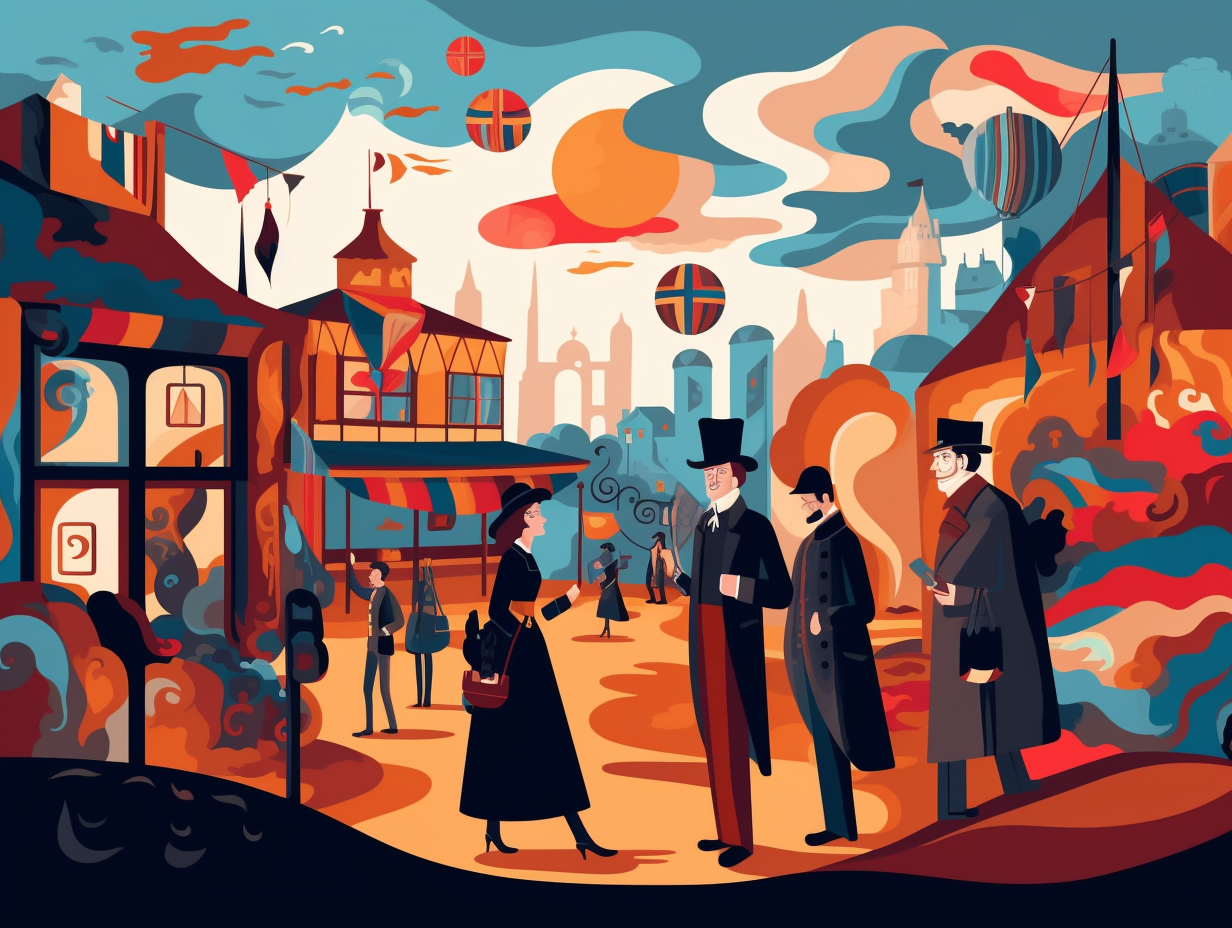
5. Jingling Pockets: The Mercantilist Way
In a time when "show me the money" took on a whole new meaning, countries believed that a full pocket jingling with gold and silver indicated they won the economic game: The essence of mercantilism hinged upon possessing hefty stockpiles of these precious metals, achieved through favorable trade deals or good ol' fashioned mining.
Source => pholleran.asp.radford.edu
6. European Stage Moms & Colonial Fame
When European nations decided to become the ultimate stage moms, pushing their colonies into the limelight for the fame and fortune of the motherland: they established empires across the globe to access valuable resources like cotton and sugar, expanding trade routes and wealth at the expense of indigenous populations and fueling the transatlantic slave trade.
Source => investopedia.com
7. Britain Vs. Dutch: Mercantilism Showdown
When Britain saw the Dutch on a slippery slope, they thought, "Why knot give mercantilism a shot?": The British Empire's colossal growth during the mercantilist era is owed to well-executed policies like the Navigation Acts, a powerful navy, and protectionism, which led to trade gains and successful import substitution, while the Dutch Republic, still clinging to its pre-modern city state structure, ended up losing its edge in the European economic landscape.
Source => eh.net
8. Tamagotchi Memories & Protectionism
In a time when nations were like jealous shopkeepers guarding their cash registers, mercantilism taught them to give their piggy bank gains a generous boost by exporting their goods aplenty and playing hard to get with imports: The result was protectionism, where countries imposed tariffs on foreign goods and kept their colonies from mingling with outsiders in the trading playground. Even though mercantilism is now a thing of the past, just like our nostalgic love for Tamagotchis, some countries still cling to protectionist policies as a way to keep the reins on property, trade, and wealth creation.
Source => investopedia.com
9. The Tea-Triggered Revolution
Ever wondered why the British enjoyed tea so much? Well, let me spill the tea: During Great Britain's mercantilist heyday, inflation and heavy taxation plagued the colonies, leading them to issue their own paper currency. The resulting economic discontent and grumblings percolated for years and eventually contributed to the eruption of the American Revolution, bidding farewell to Britain's mercantilism.
Source => investopedia.com
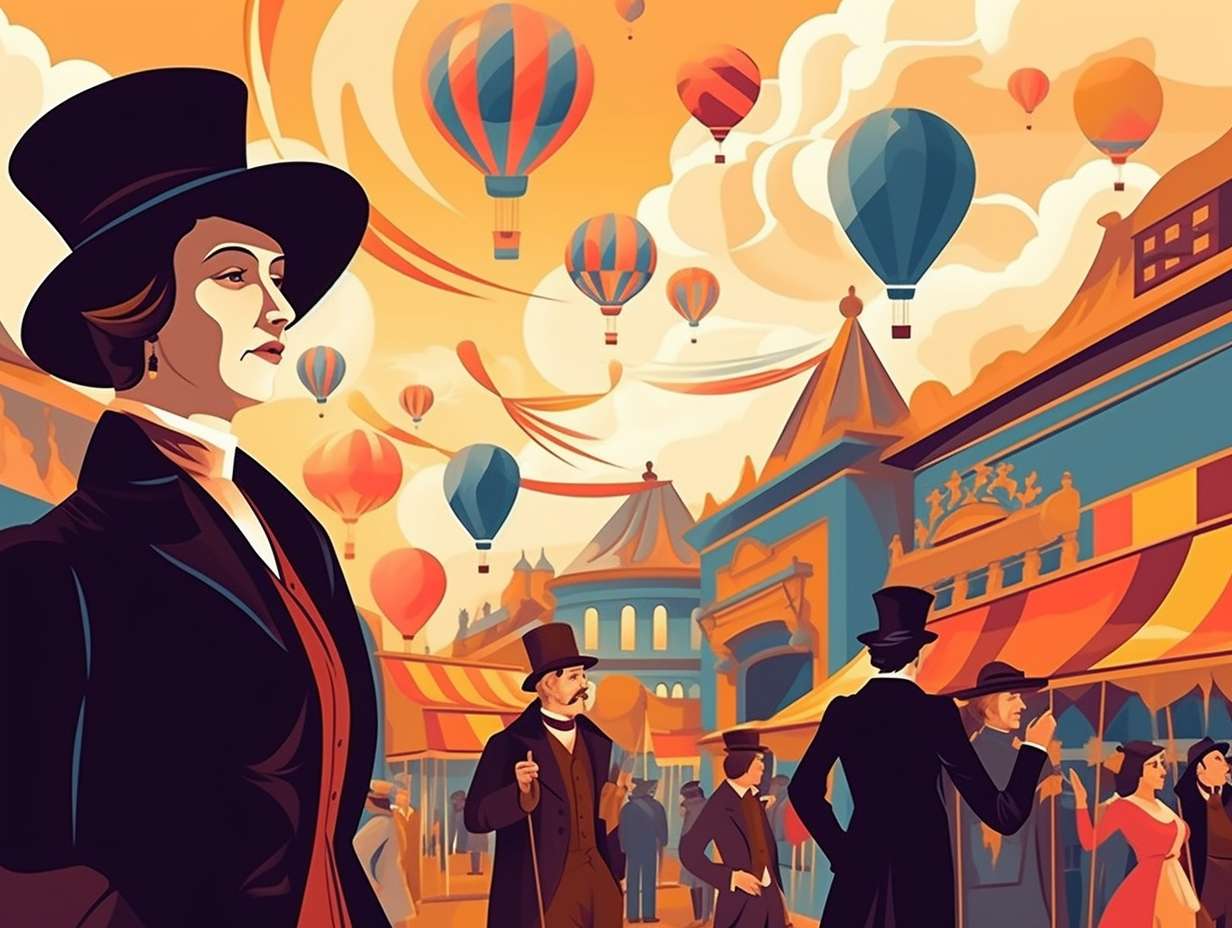
10. Smuggling: Mercantilism's Sneaky Side
Long before Netflix and smuggling chill, nations indulged in a high-stakes game of "who can export the most without opening doors for competition": Mercantilism reigned supreme, implementing regulations and tariffs to ensure a favorable balance of trade, believing that a country's wealth and power relied on exporting more than importing. However, this led to sneaky shenanigans like smuggling and black markets, bypassing all those fussy rules in the name of sneaky commerce.
Source => jstor.org
11. Top-Hat-ch: Furry Beaver Drama
Who needs a beaver when you have a hat? Beaver fur was the absolute top-hat-ch: Highly prized during the mercantilist era for its ability to create waterproof felt tip-top headwear, the poor Chompy McKnawfaces took a serious hit in their European population. But don't go blaming the entire decline on humanity's fashion obsession just yet: It turns out that beaver populations were already on the decline, thanks to a mix of human hunting, habitat loss, and diseases, meaning that the fur trade in North America wasn't the sole villain in this furry drama.
Source => eh.net
12. Captain Sparrow's Tea Smuggling Spinoff
You remember how Captain Jack Sparrow was obsessed with tea smuggling, right? Neither do we, but perhaps we should petition Disney for a spin-off: During the mercantilist period, the British East India Company had a monopoly on the trade of Chinese tea into England, lasting until 1834. Due to the artificially high prices of legal tea, smuggling bloomed like a hot cup of Earl Grey – resulting in equal amounts of illegal tea found in England.
Source => clairepetras.com
13. Twisted Lemonade: Slaves & Sugar Trade
When life hands you lemons, trade them for African slaves: This absurd twist on lemonade-making is, surprisingly, reflective of Mercantilism in its heyday, when nations, believing wealth to be limited, set up colonies for raw materials and labor supply, leading to the rise of the infamous slave trade, as African slaves were exchanged for goods like sugar and molasses, which eventually caused angry colonists to rebel against extreme inflation and taxation.
Source => investopedia.com
Related Fun Facts


